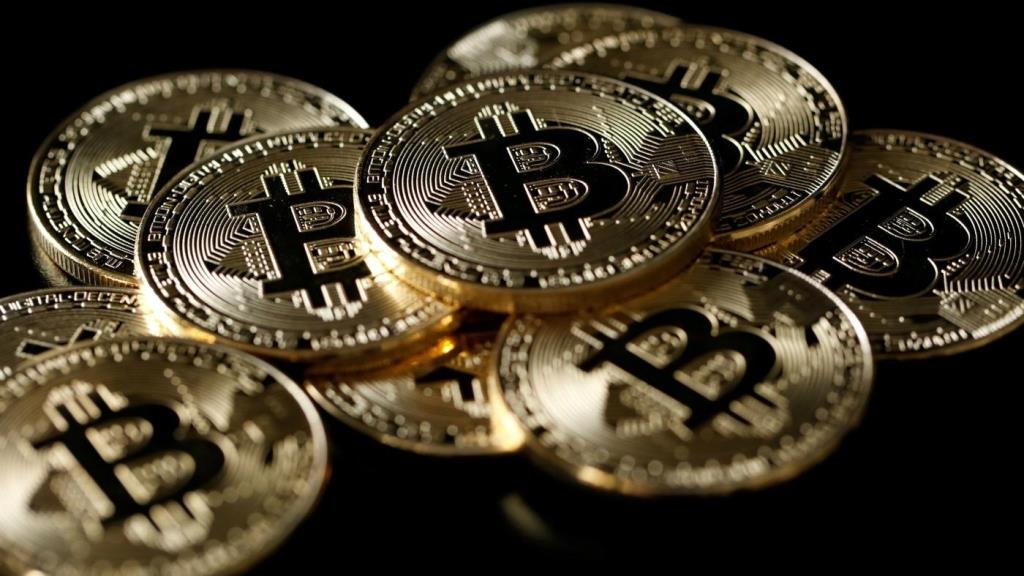
No One will Tell You, But if You Read This You can Understand the Mechanism and Possibilities of Bitcoin
Is Bitcoin really suspicious and dangerous?
In 2014, Bitcoin made a spectacular debut in the Japanese media. However, the appearance scene is the worst news that the Bitcoin exchange Mt.Gox (Mount Gox) collapsed. Despite being headquartered in Japan, the company was the largest bitcoin exchange in the world at the time. The Mt. Gox company declared that about 49 billion yen worth of bitcoins were “stolen”, and it immediately became popular in the media.
The truth of the Mt. Gox case is in the darkness, and investigations are still ongoing in various countries. However, there is only one fact that is clear from the beginning. This simply means that Mt. Gox, the exchange that kept the user’s Bitcoin, went bankrupt, and Bitcoin itself has no problems. However, even more than a year after that, Japanese media still have a negative image of Bitcoin.

However, these images of “suspicious”, “stolen”, “disappeared”, and “untrustworthy” are completely misunderstandings. Rather, Bitcoin is “transactions are all highly transparent”, “it is extremely difficult to steal”, and “it cannot be erased even if you want to erase it”. And, in a sense, it is more “credible” than common currencies and banks. However, except for its volatility, which is said to be fiercer than that of fiat currencies, it is conditional.
Regardless of how good Bitcoin really is, or how much Bitcoin advocates take to restore their image, a technical vocabulary is always essential to explain its benefits, which makes it even worse. It creates a vicious circle of doing. In particular, as the word “Crypto Currency” created by Bitcoin itself indicates, the word “crypto” cannot be avoided in order to explain the underlying “blockchain technology.” The word “cryptography” creates “suspicious air” and deepens the groove that separates the general public from Bitcoin.
And even with just the four paragraphs at the beginning, there must be some people who hesitate to read the continuation, saying, “I don’t understand the meaning! Isn’t it a title scam?
In fact, over the years, I myself have been repetitively giving up thinking how to explain Bitcoin as simply as possible. And even though there have been a number of articles in Japanese that read “you can read this,” the content was not at a level that would be generally understood.
I can’t avoid the difficult terms and their explanations. But bitcoin rush makes it easy.
But after trying for years, I suddenly came up with an idea for how to explain it when I was taking a bath at midnight.
Role play makes it easier to understand
At that time, “role play” came up as a way to explain Bitcoin.
First of all, it is a strategy to dare to break down the details of the cryptographic technology that is the basis of Bitcoin so that the principle and mechanism can be understood figuratively. In short, it is a detouring enlightenment tactic for Bitcoin proponents that the technical selling point, which is the best selling item, is rarely used, and after understanding the outline, it is filled.
However, even if technical terms are ignored, it is very difficult to explain the features that make Bitcoin a bitcoin, such as “P2P network” and “Proof of Work” (discussed later). By thinking about that in a world where characters with fictitious “roles” exist, I thought that it would be easier for people who are not good at difficult technical terms to imagine.

If you read on from here, you should be able to understand what Bitcoin is. I hope so.
Now let’s go to the “role play” world.
General banking and money structures
In fact, when explaining Bitcoin to people who have no knowledge, it is counterproductive to compare it with legal currencies such as “bank” and “Japanese yen”.
Of course, the comparison itself is an effective means, but if you talk about the differences without explaining the principle, it will be tidied up with “It’s like electronic money? Where is it different?”. In the worst case, the story ends in an awkward atmosphere, saying, “Isn’t there a central administrator? Isn’t it trustworthy?




